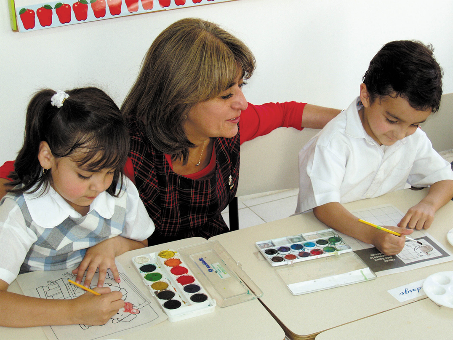|
To increase pupils’ prospects by:
Enabling them to effectively think like an scientist and gain age appropriate knowledge, skills and understanding of Science.
|
- Individual growth and aspiration
|
- To develop pan interest and curiosity of the world around them so that they intuitively question and think scientifically about problems they encounter.
- To develop scientific understanding and conceptual knowledge.
- To work practically to investigate and draw conclusions about scientific concepts, while also being about to show a child’s progression through the school and beyond.
- To be curious and ask questions about the world around them.
- Children will develop an understanding of the world of work and how specifically someone can make a forge a career for themselves within science.
- To understand how science has influenced their lives in particular (medical, transportation, space etc).
|
- Individual cultural identity, global citizenship and equality of all
|
- To identify how scientific discoveries have changed cultural identities.
- To identify the social and economic implications of science.
|
- Media skills and communication
|
- To identify how the media is used to present new scientific theories and discoveries.
- To be able to effectively interpret and analyse what is presented in the media.
- To be able to articulate their understanding and knowledge while using specific scientific language.
|
- Participatory citizenship and entrepreneurship
|
- To participate in science events in the wider community/school.
|
- Responsibility of the environment, well-being and a sustainable future
|
- To understand how new scientific ideas, contribute to preserving the environment.
- To use their scientific knowledge to understand how they can contribute to a more sustainable future.
- To research the importance of caring for the environment and becoming more sustainable.
|

